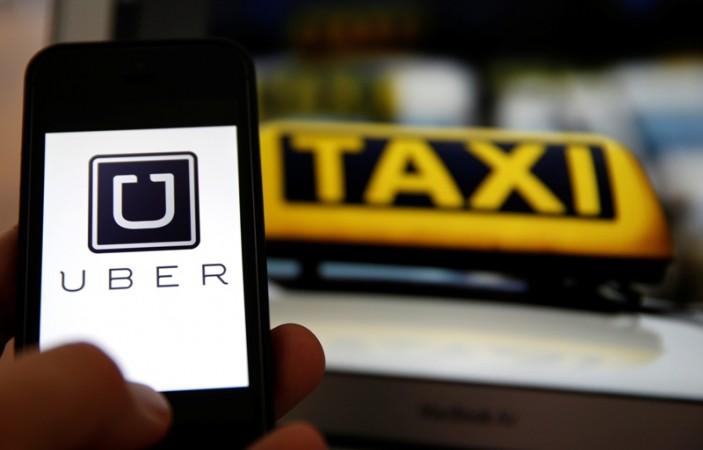
The Karnataka High Court has rejected a petition filed by cab aggregator Uber seeking to challenge the state's authority to regulate and set a cap on cab fares following complaints by customers to stop surge pricing.
While upholding the state's decision, the court also ruled that the state should encourage and promote startups in the taxi sector and rendered some earlier provisions unconstitutional.
In a judgement that is set to have far-reaching consequences in regions like Maharashtra, Delhi and West Bengal where state governments are mulling to impose similar guidelines on taxi aggregators, the Karnataka High Court held that taxi aggregators should comply with the rules and guidelines mentioned in the Karnataka On-demand Transportation Technology Aggregators Rule, 2016.
Rival company Ola, while defending the regulations, also triggered a nationalism debate as it called the Uber petition "an attempt to bypass the laws of the land by foreign companies who run their operations in this country for profit without due regard for the applicable laws."
The rules were challenged in the court after the transport department impounded some Uber vehicles for not securing licenses introduced in April as part of the new norms. Uber, which called the proposal "unconstitutional", argued that it cannot be regulated under India's Motor Vehicles Act that governs taxis and aggregators in the country as taxi-hailing app Uber is a technology platform that connects drivers with passengers. Other arguments suggested that surge pricing is essential to meet demand and supply so that operators offer the best possible competitive minimum price.
But the court partially upheld the state's ruling while rendering some provisions unconstitutional.
"The court partially upholds the constitutional validity of On-demand Transportation Technology Rules(OTTR) OF 2016 and hopes that Uber would comply with the undertaking given before the high court that it would not hike the fares prescribed by the state government," Justice Raghvendra S Chauhan held while stating that state government was well within its right to frame rules under the sections of the Motor Vehicles Act.
The court also approved several provisions that were sought to be implemented under the Karnataka aggregators rule 2016 . They include: a cap on fares with a rate of Rs 19.50 per km as the upper limit, required payment of a security deposit and stipulated a minimum fleet requirement of 100 taxis. Furthermore, it said that drivers need not work beyond eight hours, drivers should have a working knowledge of Kannada, all taxis should be fitted with panic buttons for safety reasons and have illuminated 'taxi' boards.
At the same time, the court rendered some provisions unconstitutional, such as the rule that required cab aggregators to maintain records of all passengers to be made available for inspection by the authority at any time. It also disallowed the government from suspending or cancelling a cab aggregator's licence if a criminal complaint was filed against a driver or an employee of the company.
The Delhi government had suspended the operations of taxi aggregators after an Uber driver was accused of raping a passenger in December 2014.
Justice Chauhan allowed Uber has a month's time to comply with the norms and asked it to get a license.

















